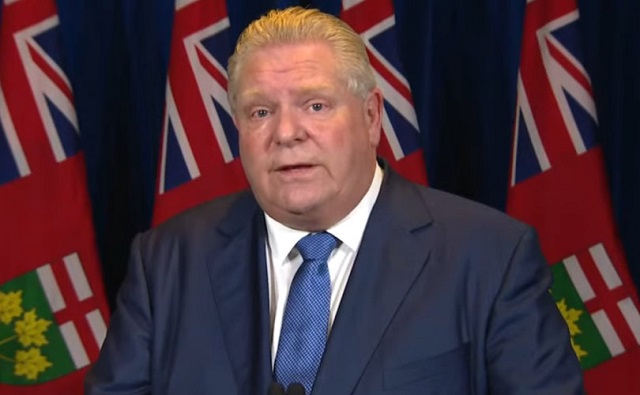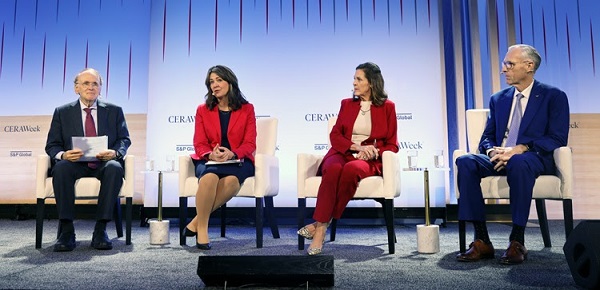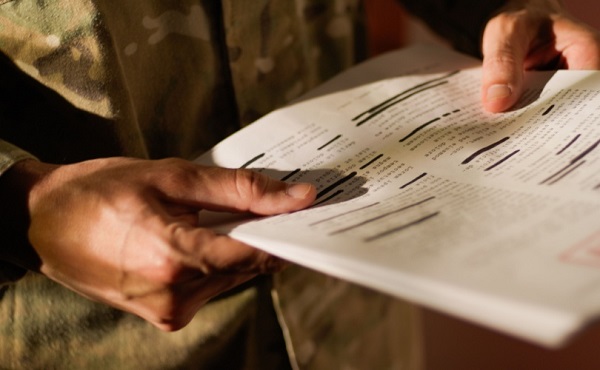Business
It’s a whole new look for Red Deer Airport

From Red Deer Regional Airport
Red Deer Airport Rebrands for The Future
With signed agreements with Rice Group (a major land development firm based in Toronto, ON) , EFC Developments (an aviation focused land development firm based in Calgary, AB), and Saturn Power (a solar farm project slotted to begin development in 2021) , the Red Deer Regional Airport has completed an official rebrand.
The Red Deer Regional Airport’s logo change was brought about by the desire to utilize the diversity of our region in our steps toward future growth. The new logo brings back the original Red Deer Regional Airport name and stresses our ability to service and serve the region around us. With growth into larger markets and national level land development advertising in progress, a fresh new look incorporating style and flair from our existing branding will allow us to put our best foot forward as we attract new business and expand our services.
“We are marketing the Red Deer Region to organizations at the national level, and stressing the regional diversity and opportunities for employers in this corridor is key”, says Red Deer Regional Airport CEO Graham Ingham. “The team at YQF understand that the growth of the Red Deer Regional Airport will be beneficial to the entire area, with job creation, tax revenues, and potential customs clearance and commercial service. This rebrand is a large step in ensuring we are investment friendly and ready to represent the region with our best foot forward.”
Please visit flyreddeer.com for more information regarding forward direction and advancing projects.
Business
A Look at Canada’s Import Tariffs
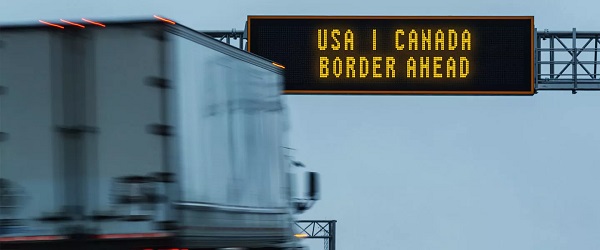

 By David Clinton
By David Clinton
Speaking of foreign tariffs, Canada’s hands are not exactly clean
It’s one thing to oppose the various iterations of recently threatened U.S. tariffs: many of those carry the potential to inflict serious harm on Canada and Canadians and we’re right to be nervous. However, whether or not Canada’s many external-facing policies use the term tariff in their titles, we have more than a few protectionist trade barriers of our own. I thought it would be useful to list some of Canada’s more obvious protectionist policies.
Unfortunately, one thing these examples lack is context. It’s no secret that international trade is complicated. Some of the trade barriers I’m going to describe are policy responses to legitimate safety issues. And, even among those restrictions that were designed to protect local industries, I couldn’t usefully estimate whether there are enough of them to define our total trade ecosystem.Nevertheless, here’s what I did find.The Customs Tariff Act governs Canada’s import tariffs. All goods entering Canada from countries on the Most-Favored-Nation list that aren’t eligible for lower rates through trade agreements are subject to tariff charges as high as 17 percent. Here are some practical cases of imports from the U.S. that aren’t covered by the CUSMA trade agreement:
- U.S. t-shirts using imported fabric could face an 18 percent tariff, adding $18,000 to a $100,000 shipment.
- A $30,000 U.S.-assembled car with Asian parts incurs $1,830 in duties.
- $50,000 of U.S. strawberries could face $4,250 in seasonal duties if applied.
- $200,000 of steel wire from the U.S. could face $108,000 in extra anti-dumping duties.
Canada’s supply management system for dairy, poultry, and eggs is a notorious example of a policy that looks, walks, and quacks just like a duck an import tariff. Supply management is governed by a combination of federal and provincial laws, including the Export and Import Permits Act and the Farm Products Agencies Act. Regulations can hit over-quota imported cheese with rates as high as 245.5 percent and chicken can be taxed at 238 percent. And that’s assuming you somehow manage to score an import permit from Global Affairs Canada.The Canadian Food Inspection Agency enforces strict sanitary and phytosanitary (SPS) measures that often require layers of inspections or certification requirements that can significantly raise compliance costs. The differences between some of those requirements and an economic tariff are not always obvious.The Canada Border Services Agency collects an excise tax on imported liquor. For example, a U.S. exporter looking to ship 100 litres of 40 percent ABV whiskey to Canada will face a duty of $467.84 (100 × 0.4 × $11.696). That duty must be paid by the importer.In addition, various provincial liquor control boards apply fees and markup costs on imported alcohol, which effectively create price barriers for foreign products (when they’re even allowed on store shelves).Book Importation Regulations limit parallel imports of foreign editions in order to protect Canadian publishers. I assume this is why so many major international publishing companies maintain Canadian offices and, on paper at least (so to speak), publish special Canadian editions.The various Canadian Content (CanCon) rules governing broadcast media will also undermine the principle of free trade, even if those rules won’t necessarily increase import costs.Here are some examples of regulatory compliance rules that aren’t always just about safety:
- Electrical product safety certification rules sometimes requires foreign electronics manufacturers to repeat testing despite already having UL certification, adding 3-6 months to market entry.
- US medical device companies can face duplication of regulatory submissions and maintenance of separate quality systems due to Health Canada requirements.
- Chemical manufacturers must submit detailed testing data specific to Canadian requirements in order to register their products.
- Small US food producers must implement separate packaging lines for Canadian-bound products to satisfy nutrition labeling requirements.
This isn’t to say there’s necessarily anything morally wrong with any of those rules. And, as I noted, I’m not sure whether Canada’s overall trade profile is more restrictive than our international peers. But, when faced with foreign tariffs, it can’t be said that Canada’s hands are perfectly clean.
Business
Vice President Vance expects framework of TikTok deal by April 5

 MxM News
MxM News
Quick Hit:
Vice President JD Vance expects a framework agreement to resolve TikTok’s ownership by April 5, as the Biden-era law requiring its Chinese owner, ByteDance, to sell the app or face a ban looms. President Donald Trump had previously delayed enforcement of the law, allowing more time for negotiations. The White House is in discussions with multiple potential buyers to establish an American-owned version of the social media platform.
Key Details:
-
Vice President Vance stated that a high-level agreement will likely be reached that meets national security concerns while creating a U.S.-based TikTok enterprise.
-
President Trump signed an executive order in January, delaying the enforcement of a law requiring ByteDance to sell TikTok or face a ban.
-
The White House is engaged with four interested groups in potential acquisition talks.
Diving Deeper:
The fate of TikTok in the U.S. has been a subject of intense debate due to concerns over data security and its ties to the Chinese Communist Party through ByteDance. The law, originally passed under the Biden administration, sought to force the sale of the app due to fears that American user data could be accessed by the Chinese government. However, after taking office, President Trump extended the enforcement deadline by 75 days, giving room for negotiations.
Vice President Vance, speaking to NBC News aboard Air Force Two, expressed confidence that an agreement will be reached by April 5, though some details may still need to be finalized afterward. He and national security adviser Michael Waltz have been leading efforts to facilitate a sale that would address national security concerns while preserving TikTok’s massive American user base.
President Trump revealed last weekend that his administration is in talks with four different groups interested in acquiring the app. While the specifics of these negotiations remain undisclosed, the administration has made it clear that TikTok must operate as a distinct American entity to remain in the U.S. market.
As the deadline approaches, ByteDance has not publicly commented on the ongoing discussions. However, with bipartisan concerns over the influence of the Chinese Communist Party on U.S. technology platforms, the expectation is that any deal will include significant safeguards to prevent foreign interference in the app’s operations.
The coming weeks will determine whether a sale materializes or if further action will be needed to enforce the law. Either way, the Trump administration has signaled its commitment to ensuring that TikTok is no longer under the control of a hostile foreign adversary.
-

 International2 days ago
International2 days ago‘Lot Of Nonsense’: Kari Lake Announces Voice Of America Is Dumping Legacy Outlets
-
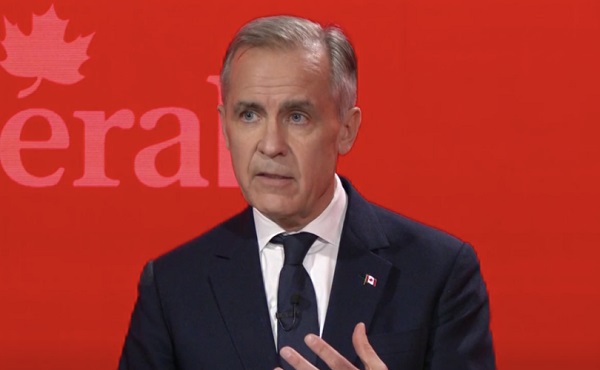
 Carbon Tax2 days ago
Carbon Tax2 days agoPrime Minister Mark Carney reduces carbon tax to zero
-
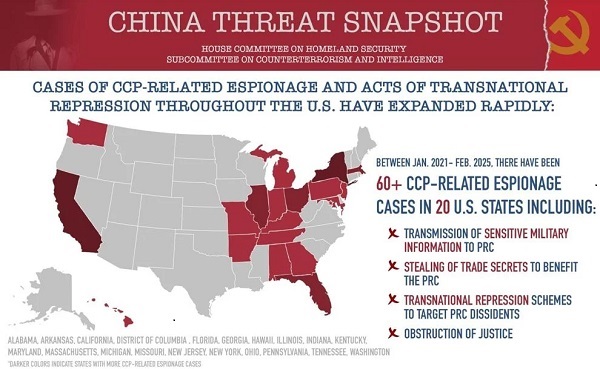
 espionage2 days ago
espionage2 days agoBill introduced to ban student visas to Chinese nationals
-

 Energy2 days ago
Energy2 days agoNext federal government should close widening gap between Canadian and U.S. energy policy
-
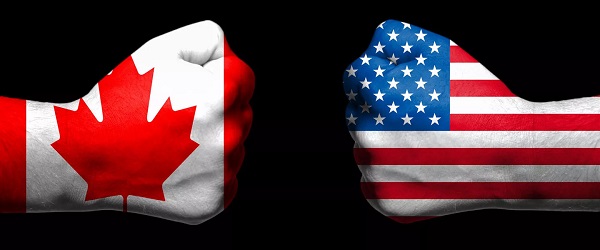
 Duane Rolheiser2 days ago
Duane Rolheiser2 days agoTeam Canada is driving us right into the arms of The Donald
-

 Business19 hours ago
Business19 hours agoA Look at Canada’s Import Tariffs
-
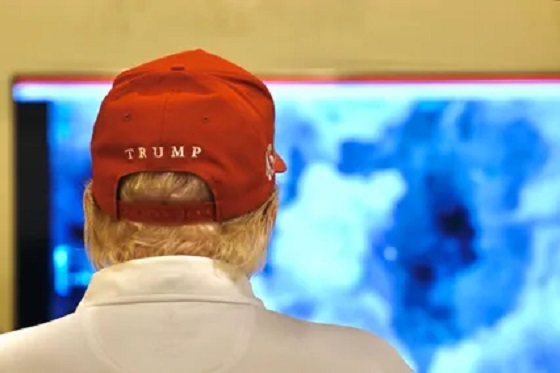
 conflict1 day ago
conflict1 day ago“HELL WILL RAIN DOWN”: Trump unleashes U.S. military on Yemeni Houthis
-
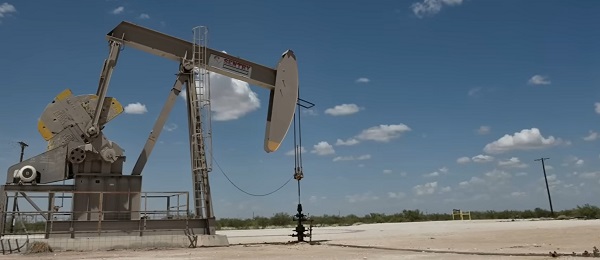
 Energy1 day ago
Energy1 day agoOPEC Delivers Masterful Rebuke To Global Energy Agency Head


